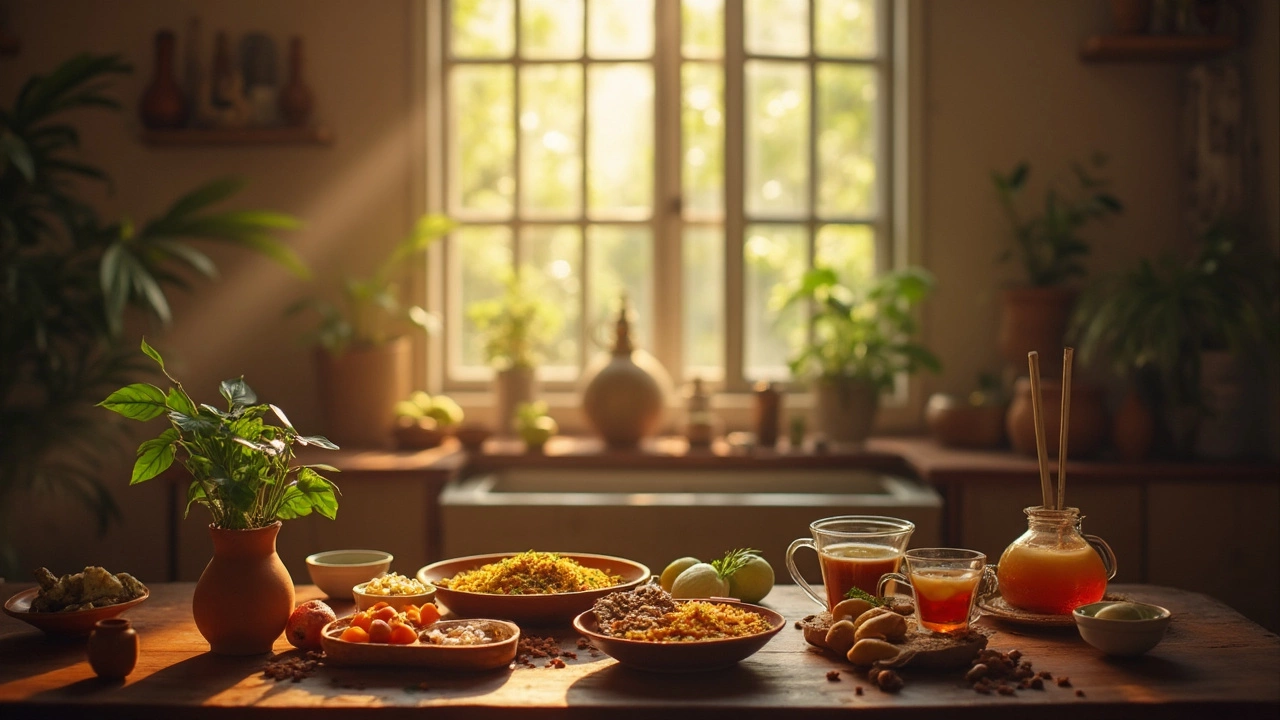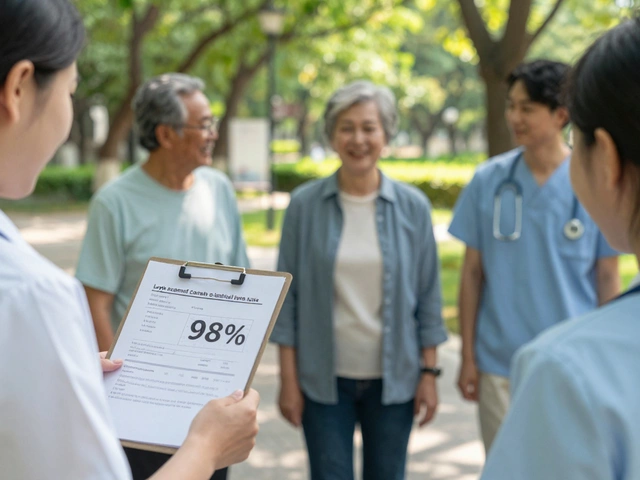Breakfast and Your Medicines: Simple Tips to Stay Safe
Starting the day with a cup of tea or a plate of poha feels normal, but the foods you eat can change how your medicines work. Some drugs need an empty stomach, others need food to avoid stomach upset. Getting the timing right can keep you from useless doses or unwanted side effects.
Common Breakfast‑Drug Interactions
Here are a few pairs you might run into in India:
- Thyroid pills (levothyroxine) – coffee, milk or high‑fiber cereals can block absorption. Take the pill with plain water, wait 30‑60 minutes before breakfast.
- Antibiotics like ciprofloxacin – dairy products bind the drug and cut its effect. Skip milk for at least two hours after the dose.
- Diabetes meds (Metformin) – a heavy carb breakfast can spike blood sugar even if the drug is working. Pair it with protein or healthy fats for steadier levels.
- Iron supplements – tea, coffee or high‑calcium foods lower iron uptake. Take iron with orange juice or water on an empty stomach.
These examples are not exhaustive, but they show why a quick food‑medicine check matters.
Practical Ways to Take Your Medicine with Breakfast
Instead of guessing, set a routine:
- Read the label. It usually says “take with food” or “take on an empty stomach.” Follow it.
- Use a pill organizer. Prepare doses the night before so you don’t scramble in the morning.
- Separate drinks. If a drug says avoid dairy, sip water first, wait the recommended time, then enjoy your milk or lassi.
- Match meals to drugs. Pair oily fish or nuts with meds that need fat for better absorption (like certain vitamin D formulas).
- Note the time. Write down the exact minute you take each pill. Small differences can matter for fast‑acting drugs.
Sticking to a simple schedule saves you from missing doses and reduces the risk of side effects that can show up later, like stomach irritation or reduced drug effect.
If you’re unsure whether a particular breakfast item interferes with a medicine, a quick call to your pharmacist or doctor can clear it up. Most Indian pharmacies have staff who know which local dishes can cause trouble.
Remember, the goal isn’t to overhaul your diet. It’s about small tweaks that keep the medicine working the way it should while you enjoy the foods you love.
To sum up: check the label, keep a consistent timing routine, and separate problem‑inducing foods from your meds. With these habits, breakfast stays tasty and your treatment stays effective.

What Should I Eat First in the Morning Ayurveda: Simple Morning Food Rituals
Ever wondered what Ayurveda says about breakfast? This article gets into which foods to eat first thing in the morning for optimal digestion and energy, according to ancient Ayurvedic wisdom. You'll learn practical tips on morning food choices and easy step-by-step rituals. This isn't just theory—it comes packed with facts and reasons behind every recommendation. Let Ayurveda make your mornings stronger and calmer.

Why Medical Tourism Sparks Heated Debates
Feb, 14 2025



